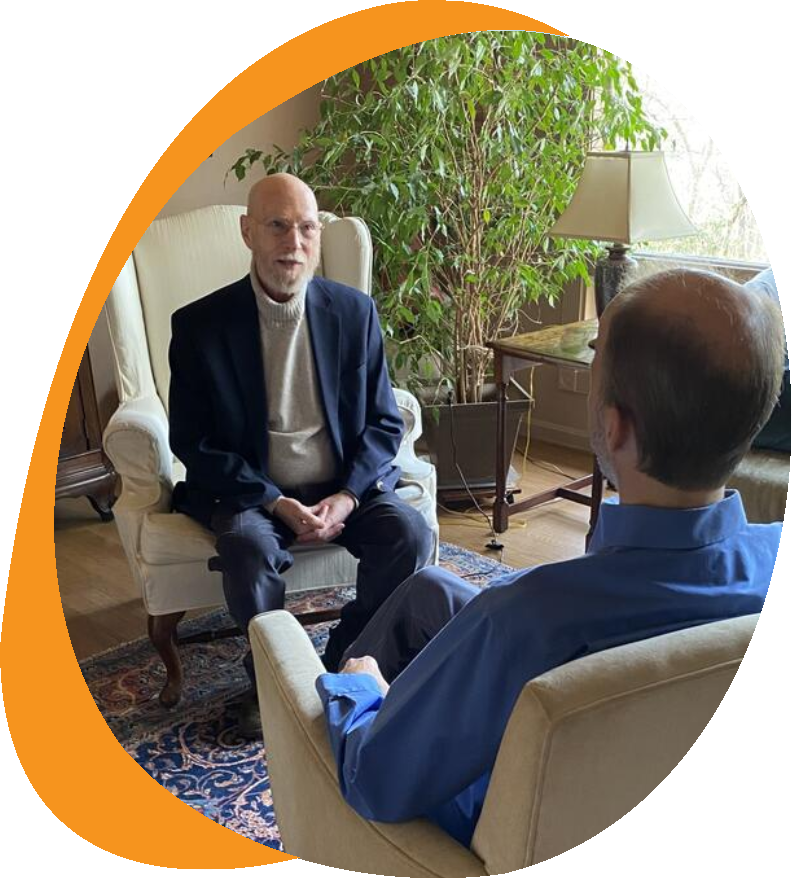
About Philip R. Appel
He applied for and got a direct commission as a Behavioral Science Officer in the U.S. Army in 1975. Upon Graduation from Boston University, he attended Medical Officer Basic Training at Ft. Sam Houston (June-Sept 1976) and was then assigned to Silas B. Hayes Army Hospital Community Mental Health Activity at FT Ord (1976 to 1979). In September of 1979 he was assigned to General Leonard Wood Army Community Hospital in Missouri. In 1980 he was selected for the Army Health Professions Scholarship Program in Psychology and was placed on Reserve status while he attended The United States International University (Now Aliant University) in San Diego. He did his Clinical Practicums at the Balboa U.S. Naval Hospital mental health clinic and his clinical Internship at Walter Reed Army Medical Center. Upon completion of his Internship, he attended Airborne Training at Ft. Benning before taking his new assignment as Chief of Psychology at 5th General Hospital in Stuttgart Germany (1983-1985). He was then was sent to Ft. Sam Houston again for the 5-month Advanced Medical Officer course. Upon completion he was assigned to the mental health Clinic at Kimbrough Army Community Hospital at Ft. Meade. During his time in the Army, he received 5 Army Commendation medals.
In 1987 he left Active Duty to take a job as the Assistant Director of Psychology at the National Rehabilitation Hospital in Washington D.C. In 1998 he became the Director of the Psychology Service for the next 20 years. His clinical practice was mostly focused on working with individuals who were having persistent pain from accidents, illness or failed surgeries. He was instrumental in establishing a 2-year post-graduate Fellowship in Pain and Rehabilitation Psychology and taught the Fellows. In 2018 he stepped down to pursue his passion of just providing clinical care, teaching and writing until he retired in January of 2023.
Dr. Appel is a licensed Psychologist in Maryland. He is a certified Health Provider by the National Register for Heath Service Providers in Psychology and has a Certificate of Professional Qualification by the Association for State and Provincial Licensing Board.
In 2000 he had funded research by the National Institutes for Disability and Rehabilitation Research to prove pain management could be done just as effectively by Telehealth as in person and published his findings in the Journal of Telemedicine.
During his career he published 10 peer reviewed professional articles and wrote 6 book chapters. In 1992 he was awarded the Crasilneck Award for the Best First Paper on clinical Hypnosis by a first-time author by The American Society of Clinical Hypnosis. From 1994 to 2004 he was on the Executive Board of the American Society of Clinical Hypnosis and was President of that organization from 2001-2002. He is a life-time Fellow of that organization.
He presently lives with his current wife Melanie and dog Jack in Silver Spring, Maryland and has a small private practice, now that he is retired.

About The Book
This book is an educational/self-help guide for learning how to manage living with persistent pan. There are several mind-body exercises to master, which will reduce suffering as the reader becomes practiced in their use. In the book, we will discuss the nature of pain, stress. the impact of distress on the experience of pain and ways of caring for self. The goal is to become an excellent conservator of the ecological system that is you and learn to keep yourself in physical-mental-spiritual balance.

